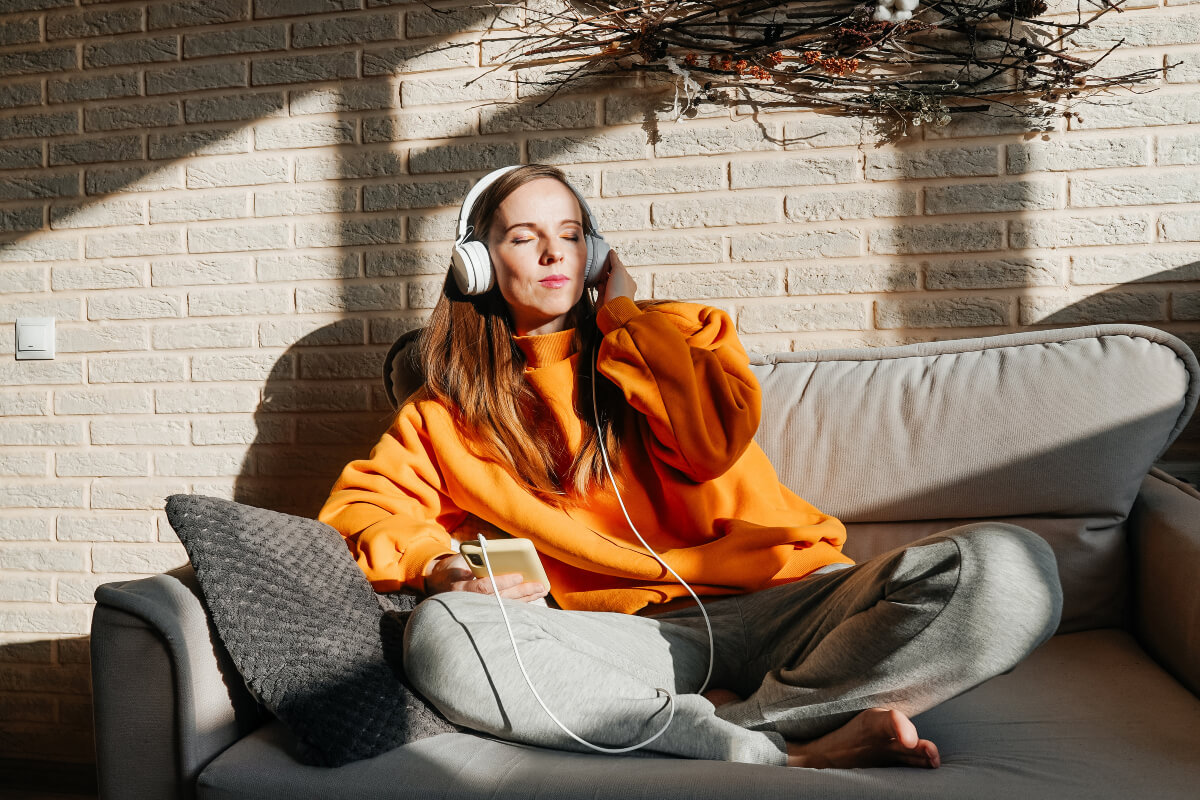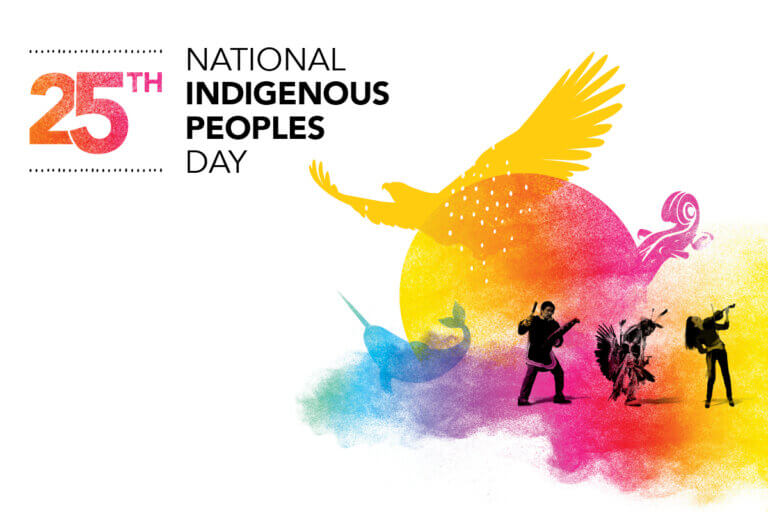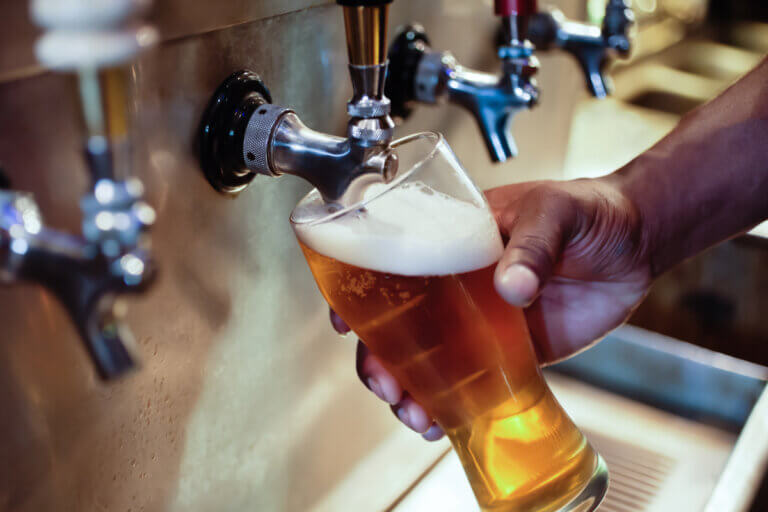The acronym ASMR might bring to mind visions of YouTubers tapping crystals with their nails, whispering into a microphone, or brushing their hair slowly enough that it begins to sound like ocean waves hitting the shoreline. Or, if you’re not one of the millions of YouTube users who have taken a liking to this relaxing variety of videos, you may not have heard of the phenomenon at all.
Whether you’ve gone down the rabbit hole of ASMR or not (yet), science is beginning to prove that there may be some validity behind the calming videos as a therapeutic technique for emotional and physical well-being. But first — what is ASMR?

What Does ASMR Stand For?
According to Wikipedia, a woman named Jennifer Allen coined the term back in 2010 in a Facebook group. ASMR stands for “autonomous sensory meridian response.” It essentially refers to the tingly feeling some people experience in response to a variety of “triggers” like whispering, tapping and even hand movements.
If you’ve experienced this sensation, you’ll know it can be quite calming and pleasant, and an effective way to wind down before heading off to sleep for the night (and no, we know what you’re thinking — despite the claims of some, ASMR is not intended to be sexually stimulating).
Anecdotally, millions of people have reported experiencing the pleasant response of ASMR when watching YouTube videos from creators like ediyasmr, who has 211,000 subscribers on the platform, or WhispersRed ASMR, who has 974,000 subscribers. Over 11 million people on Instagram have also demonstrated their affection for the phenomenon using the hashtag #ASMR.
The scientific community is looking into whether these anecdotal observations add up to something tangible.
ASMR Videos Could Have Therapeutic Benefits
A 2018 study found that ASMR videos help to regulate emotion, increase feelings of connectivity, and even reduce heart rate. It also suggests that ASMR may help to combat issues like depression and insomnia by promoting feelings of calm well-being and interconnectedness.
“Findings indicate that ASMR is a reliable and physiologically-rooted experience that may have therapeutic benefits for mental and physical health,” the study states.
Related Articles
You Might Love or Hate It — Just Like Cilantro
Curiously, it seems that the phenomenon either affects you strongly or not at all, sort of like having a taste for cilantro. Scientists are looking into the potential reasons for this, and some have hypothesized that the sensation may be related to the same parts of the brain responsible for synesthesia — the ability to associate certain colors, sounds, numbers and shapes together — or even misophonia, which refers to a distinct dislike for sounds like chewing.
A 2017 study suggested there may be a correlation linking certain personality traits to those who experience ASMR versus those who do not.
“Individuals with ASMR demonstrated significantly higher scores on Openness-to-Experience and Neuroticism, and significantly lower levels of Conscientiousness, Extraversion, and Agreeableness compared to matched controls,” the study reads.
Fall Down the YouTube Rabbit Hole
Research into the phenomenon is still in its infancy. Much more research needs to be done before we can safely determine if it’s a tangible form of therapy for those experiencing emotional or sleep disturbances. But — there’s always YouTube.
If you’d like to give it a go yourself, YouTube is full of a never-ending variety of ASMR-themed videos featuring reiki, singing bowls, hair brushing, massage and more. Even if you don’t feel the magical tingly sensation that so many claim to feel, there’s a chance you’ll feel a little calmer afterwards, and that’s something worth celebrating. Cheers 🥂!
Looking for more ways to improve your emotional wellness? We’ve got you covered:
- Try meditation, a mental wellness practice that could change your life
- Incorporate one (or more) of these natural mood boosters into your day
- Get on the mat: Find out why yoga is for everyone and how to get started
- Unplug with a digital detox
- Find out how to get better sleep







